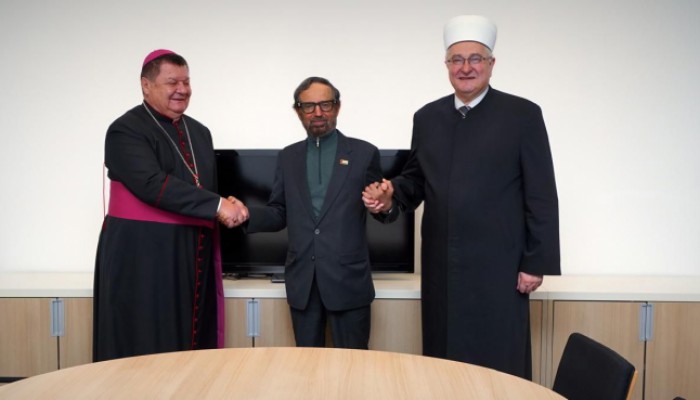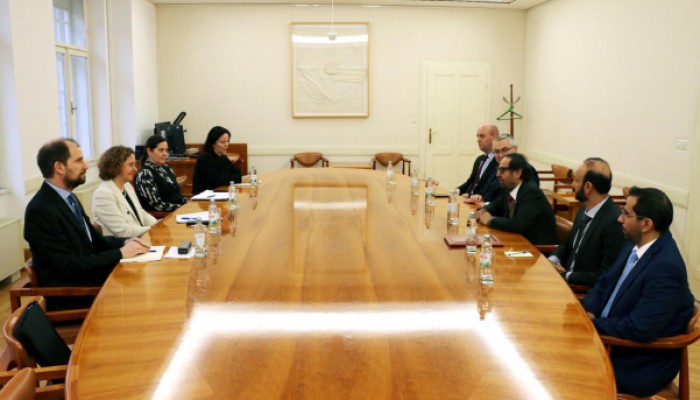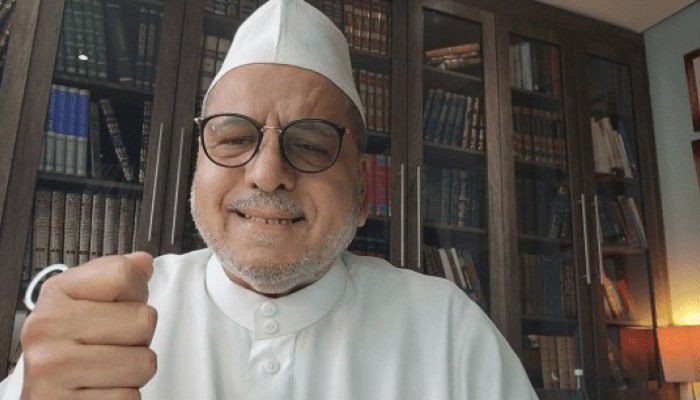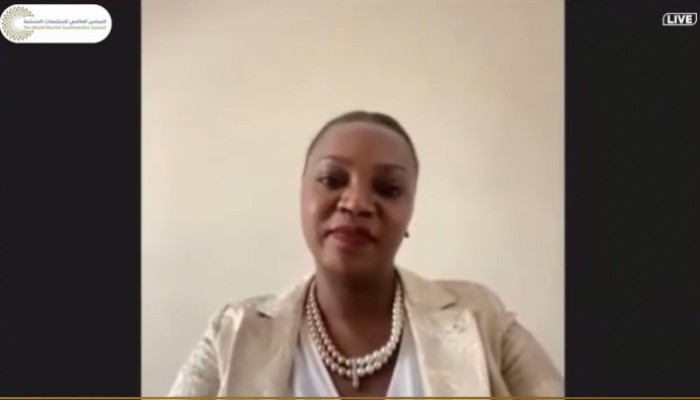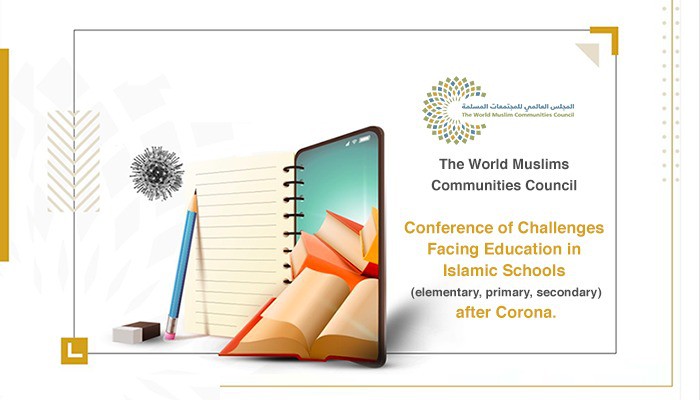
World Muslim Communities Council Virtual Conference: "Challenges Facing Education in Islamic Schools" 27 June 2020
- 2020-Jun-24
The World Muslim Communities Council, in partnership with a competent and relevant institutions on pre-university Islamic education, is organizing a virtual international scientific conference entitled "Challenges Facing Education in Islamic Schools", on 27 June 2020.
The importance of the conference comes from unprecedented turning point in the history of educational institutions in the world. The educatonal institutions were forced to resort to distance education during the period of closures imposed by governments after Corona; to preserve the lives of people, which in turn created a new reality that will push the officials to reconsider the philosophy of education, its goals, systems, methods, educational curricula and activities. The Islamic education at the pre-university and university levels is an integral part of this global reality, and will be subject to all this changes.
His Excellency Dr. Ali Rashid Al-Nuaimi, Chairman of the World Muslim Communities Council, pointed out the importance of this conference, by the comprehensive and distinctive questions that will arise, such as how will the leaders of Islamic education respond to this new challenge? Does Islamic education have sufficient traditions regarding teachers and students to use the distance education system? Do Islamic education institutions that exist in limited societies have the necessary infrastructure for distance education? Are there a flexible curricula, remotely implementable, through technological means?
His Excellency added that the conference comes to confront these problems and questions, by providing convincing, practical, procedural, actionable, and measurable answers with internationally accepted standards, so the biggest challenge will be in methodologies evaluation, remote exams, and their technological mechanisms, because the nature of Islamic education curricula cannot be reduced to digital means, as they are depend always on memorization, remembering, retrieval and practical skills, such as public speaking, intonation skills, and oral exams. The challenge will be how will the outcomes of Islamic education be evaluated remotely, how consistent with international evaluation standards.
The discussion will contain themes including the possibility of finding approaches that can be implemented remotely and digitally, digitising of contents and its cost, the teacher that able to implementing distance education, and institutions that able to training teachers, if technological infrastructure are equal to all students, the possibility of teaching religious skills from a distance without direct interaction, the role models when losing direct link between the teacher and the learner, the ability to rely on remote evaluation in religious issues and the danger of plagiarism, and how to control it within the existing value and ethics systems.
The conference also examines the Muslim societies need to educational institutions to develop curricula, modernizing educational systems, providing an integrated system for digital and distance education, stimulating endowment, charitable, and civil society institutions to contribute in developing Islamic distance education, and the need to activate the roles of quality institutions education, academic accreditation and assessment; to ensure the quality of Islamic distance education.
The World Muslim Communities Council is an international non-governmental organization, headquartered in the UAE capital Abu Dhabi. It is considered an experience house to rationalize organizations and societies working in Muslim communities, renew their thinking, improve their performance, to achieve one goal; which is the integration of Muslim communities in their countries, in a way for its members reach out good citizenship and complete affiliation with the Islam.




